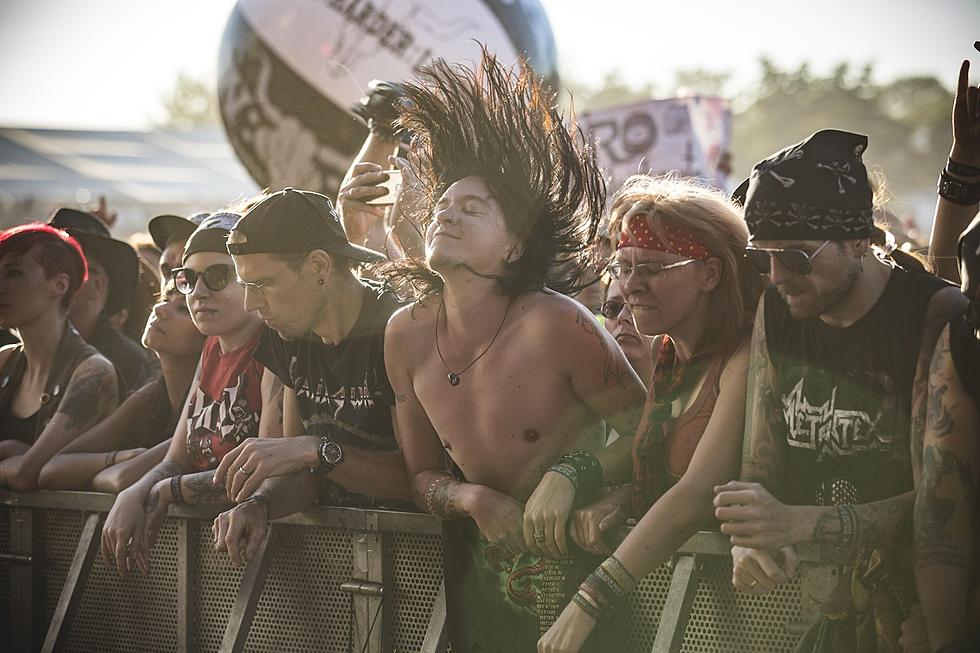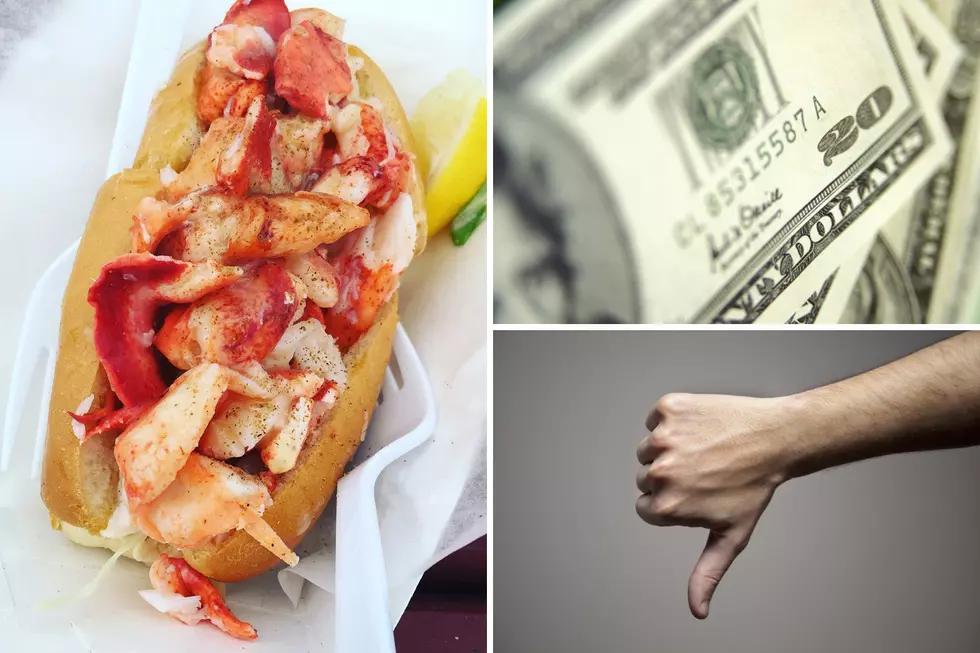
What Was the First Music Festival?
It's that time of year, when the rollout for music festivals grab the headlines as everyone waits to see who is playing where and which acts are named the headliners. But where did the music festival originate? And which modern festivals are largely credited for influencing what we experience today?
What Was the First Music Festival?
No, it wasn't Woodstock. In fact, it goes back many years, actually centuries, before that. Per multiple sources, including HistoryExtra.com and Paamapp.com, the very first music festival dates back to Ancient Greece, where the Pythian Games in Delphi were credited as being the earliest example of a festival involving music.
The games, which were also a precursor to the Olympics, were held in the sixth century BC at the sanctuary of Apollo in Delphi. The Pythian Games were described as being a celebration of all things beautiful, with a day of musical competitions being part of the games. In addition to music, the Pythian Games also focused on dance and artistic displays.
What Is the Oldest Current Music Festival?
Per HistoryExtra.com, that honor goes to the Three Choirs Festival, which features the choirs of Hereford, Gloucester and Worcester cathedrals getting together for a musical presentation. The festival claims to be the oldest, non-competitive classical music festival in the world. The Three Choirs festival celebrated its 300th anniversary in 2015.
What Was the First Modern Rock Festival?
As far as the rock 'n' roll era, the Newport Jazz Festival gets a lot of credit for furthering rock acts within the festival setting. As the moniker suggests, it wasn't necessarily rock that was the focus of the event, especially in its earliest form. The festival actually launched in 1954 in Newport, Rhode Island, with jazz being the centerpiece.
But as far as rock's impact on the festival, that would come a few years later in 1958 when Chuck Berry's performance of "Sweet Little Sixteen" and "School Days" was the buzz of the festival. The performance was also filmed and used in the documentary, Jazz on a Summer's Day.
By the end of the '60s, rock was more prominent in the booking with acts such as The Jeff Beck Group, Ten Years After and Jethro Tull, John Mayall and Frank Zappa filling out the lineup.
What Other Festivals Were Key to Inspiring the Modern Festival?
The Reading Festival, though it wasn't known by that name when it first surfaced in 1961, was one of the first music festivals. At that point, it was known as the National Jazz and Blues Festival. It was initially conceived by Harold Pendleton, who also founded London's Marquee Club in 1958. The Richmond Athletic Ground played host to the 1961 music event, which shifted around multiple London locations in the years that followed.
The lineup for the first two years was made up exclusively of jazz performers, but by 1963, organizers saw the blossoming potential of rock 'n' roll and added the Rolling Stones, Georgie Farris and Long John Baldry to the bill.
Two years later, in 1965, rock became the predominant genre at the festival with jazz sessions being relegated to afternoon sessions. By 1969, jazz had been entirely phased out of the bill, By 1971, the festival settled in a solitary location in Reading and the popularity of rock thrived on bill through the '70s and years later a companion festival known as the Leeds Festival would grow their ability to draw more fans and give bands another platform to play.
The Newport Folk Festival launched in 1959 as a counterpart to the Newport Jazz Festival, but it didn't really see its peak popularity for a few years. Putting a spotlight on the folk movement of the day, they pulled in Bob Dylan for performances in 1963, 1964 and 1965, with the latter year notable for its inclusion of Joan Baez, The Paul Butterfield Blues Band, Peter, Paul and Mary, Gordon Lightfoot, Pete Seeger, Son House and more playing.
The Monterey Pop Festival of 1967 is often discussed as the first music festival more aligned to a rock crowd. Taking place at the Monterey County Fairgrounds in Monterey, California, the event brought in an estimated 8,500 people to see Jimi Hendrix, Ravi Shankar and others.
The Isle of Wight Festival launched in 1968, with a crowd of 10,000 taking over Ford Farm to see such acts as Jefferson Airplane, Pretty Things and Arthur Brown. A year later in 1969, Woodstock would become one of the most famous U.S. festivals to take place, with fans flocking to Max Yasgur's dairy farm in Bethel, New York for "three days of love and peace."
And, in the U.K., the Glastonbury Festival, launched in 1970 with T. Rex, The Kinks and more playing the inaugural show. It's gone on to become one of the biggest U.K. festivals in the years since.
READ MORE: 2024 Rock + Metal Festival + Cruise Guide
The music festival boom continued in the '70s and '80s, saw an exponential growth in the '90s and continues to be a major part of the touring industry in modern day.
15 Most Disastrous Music Festivals in History
Gallery Credit: Philip Trapp




